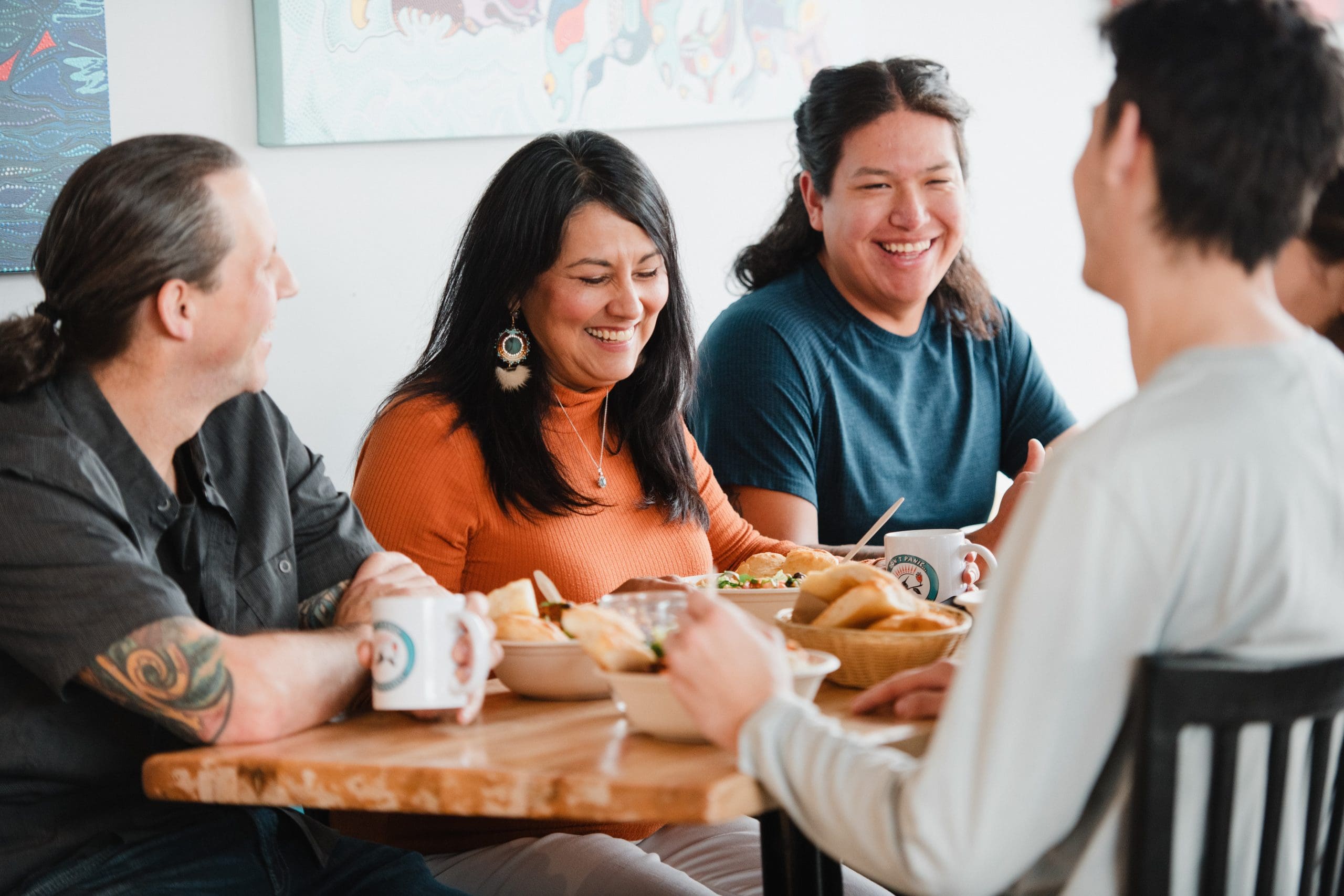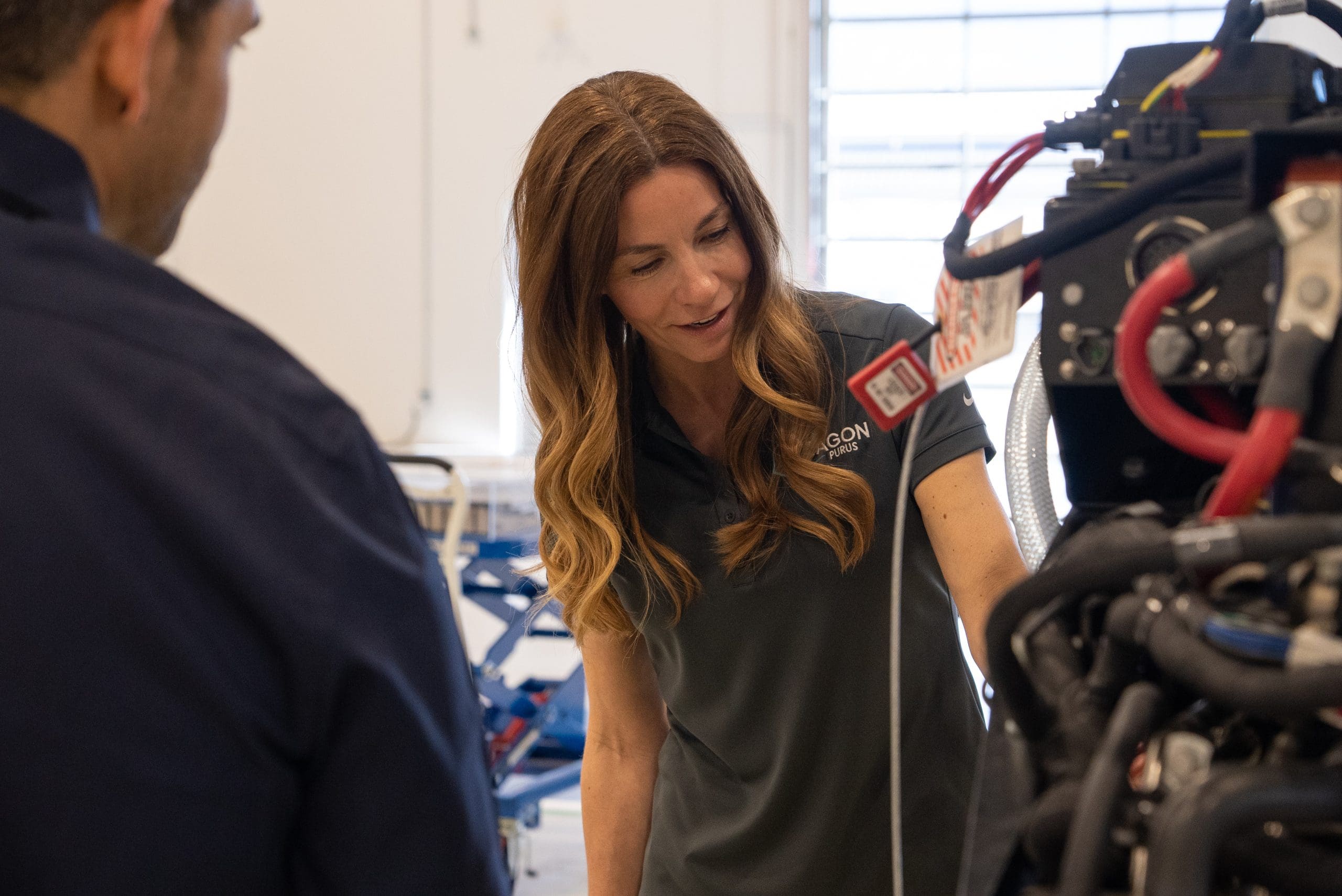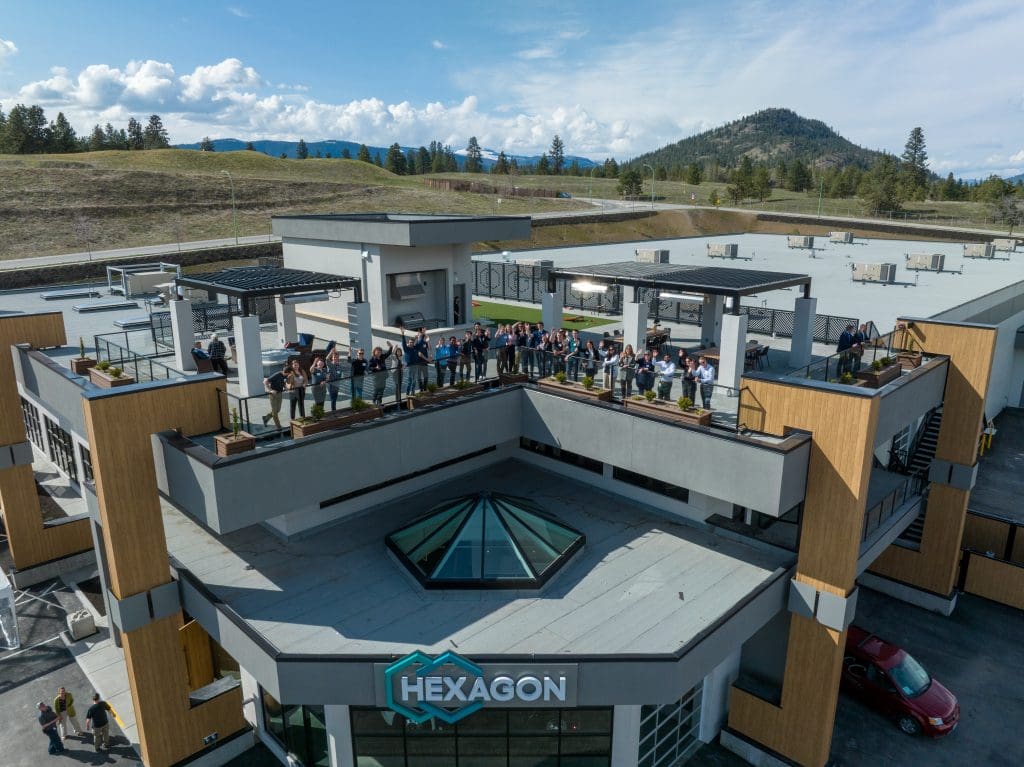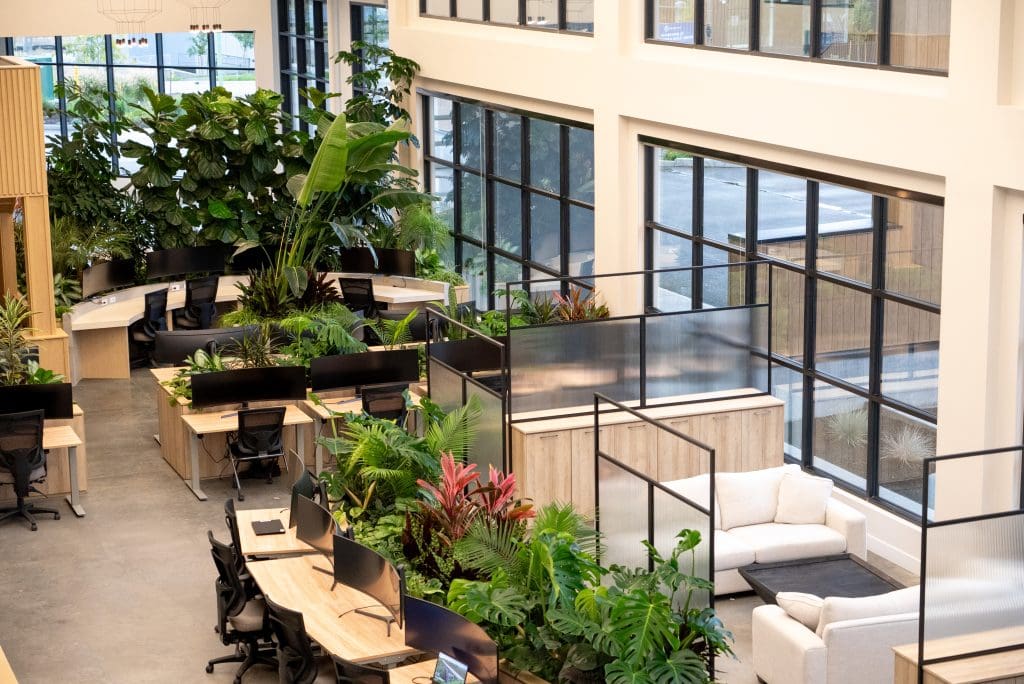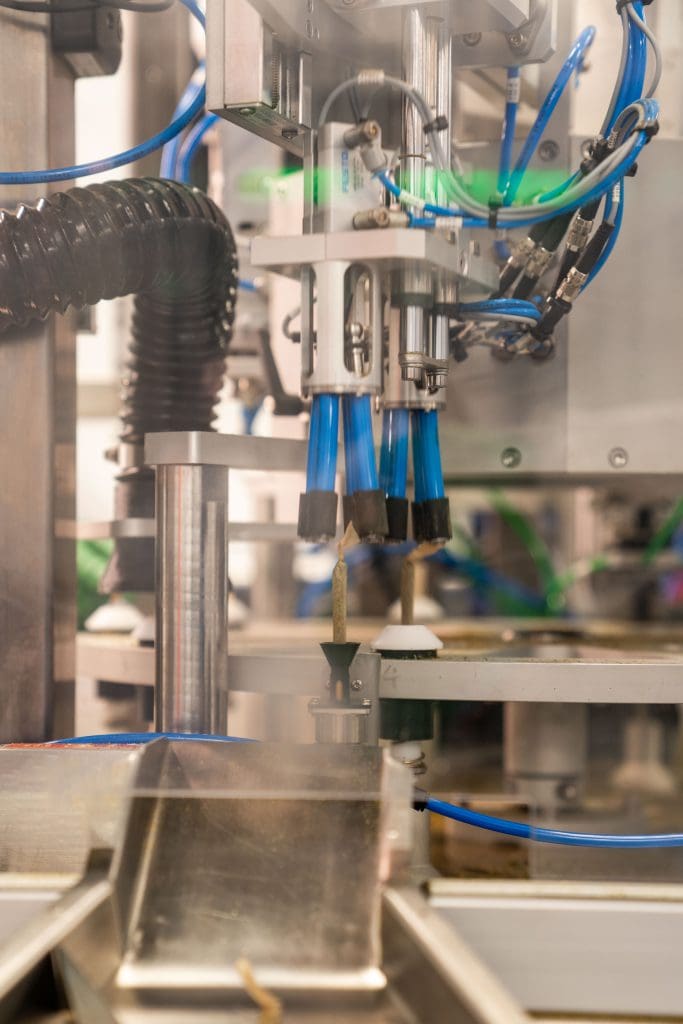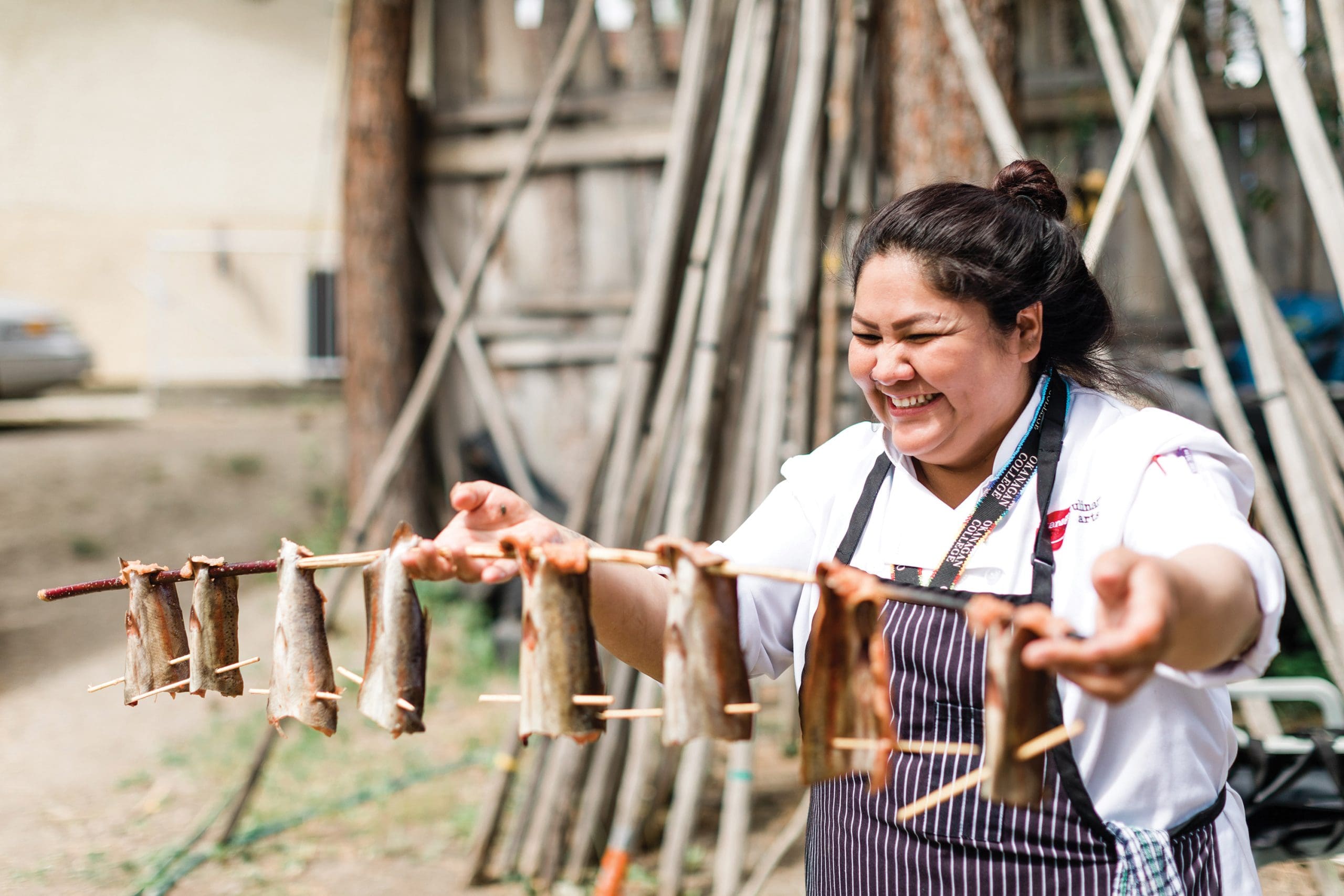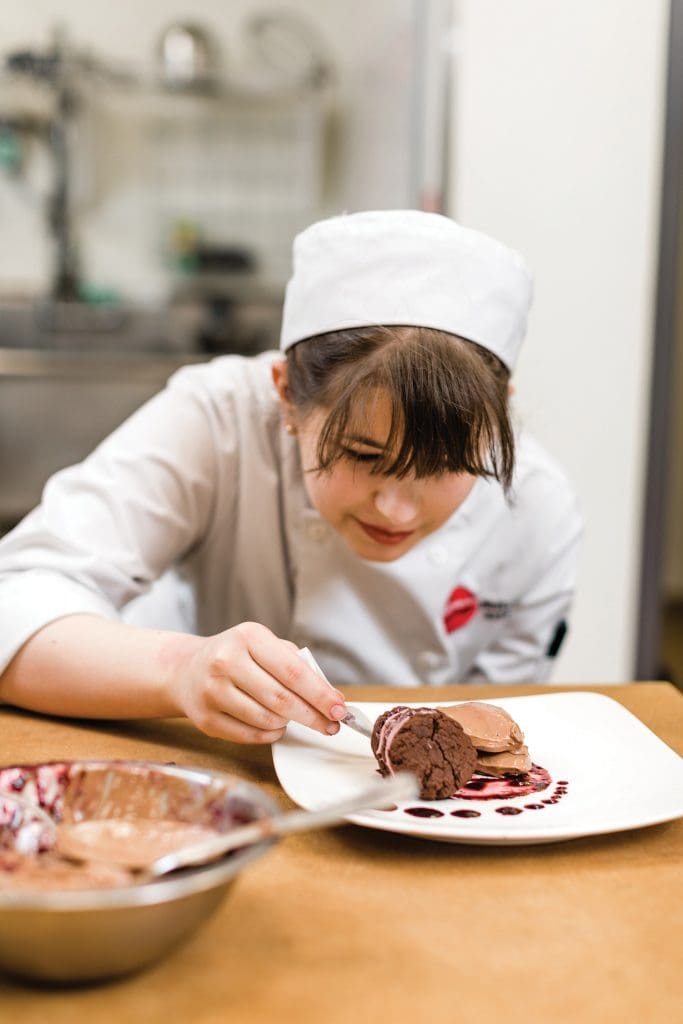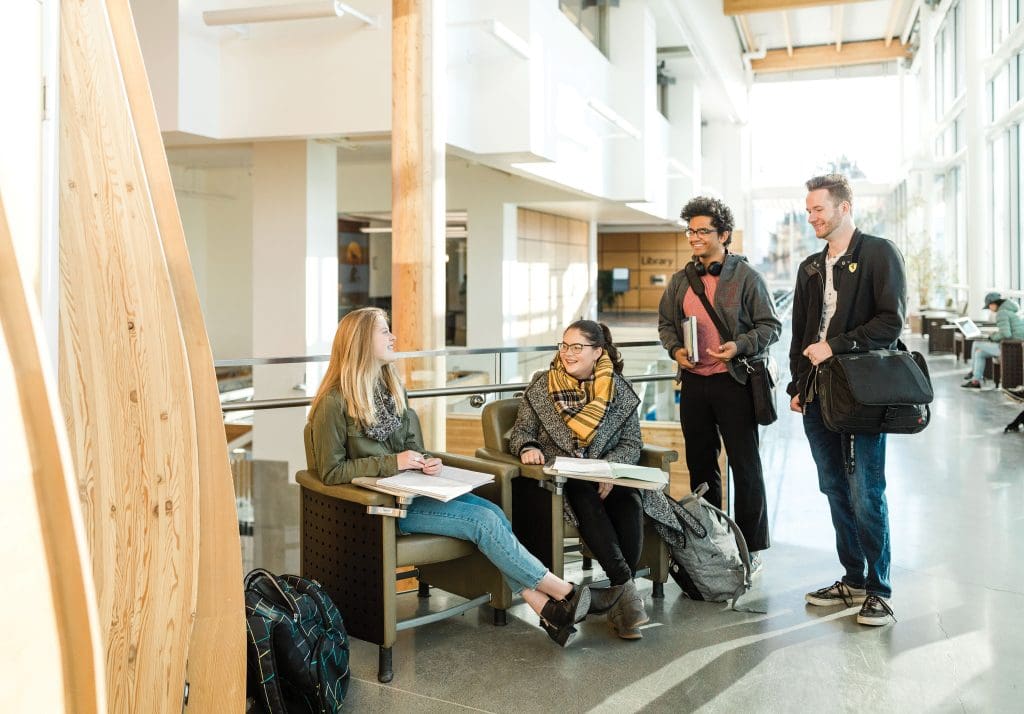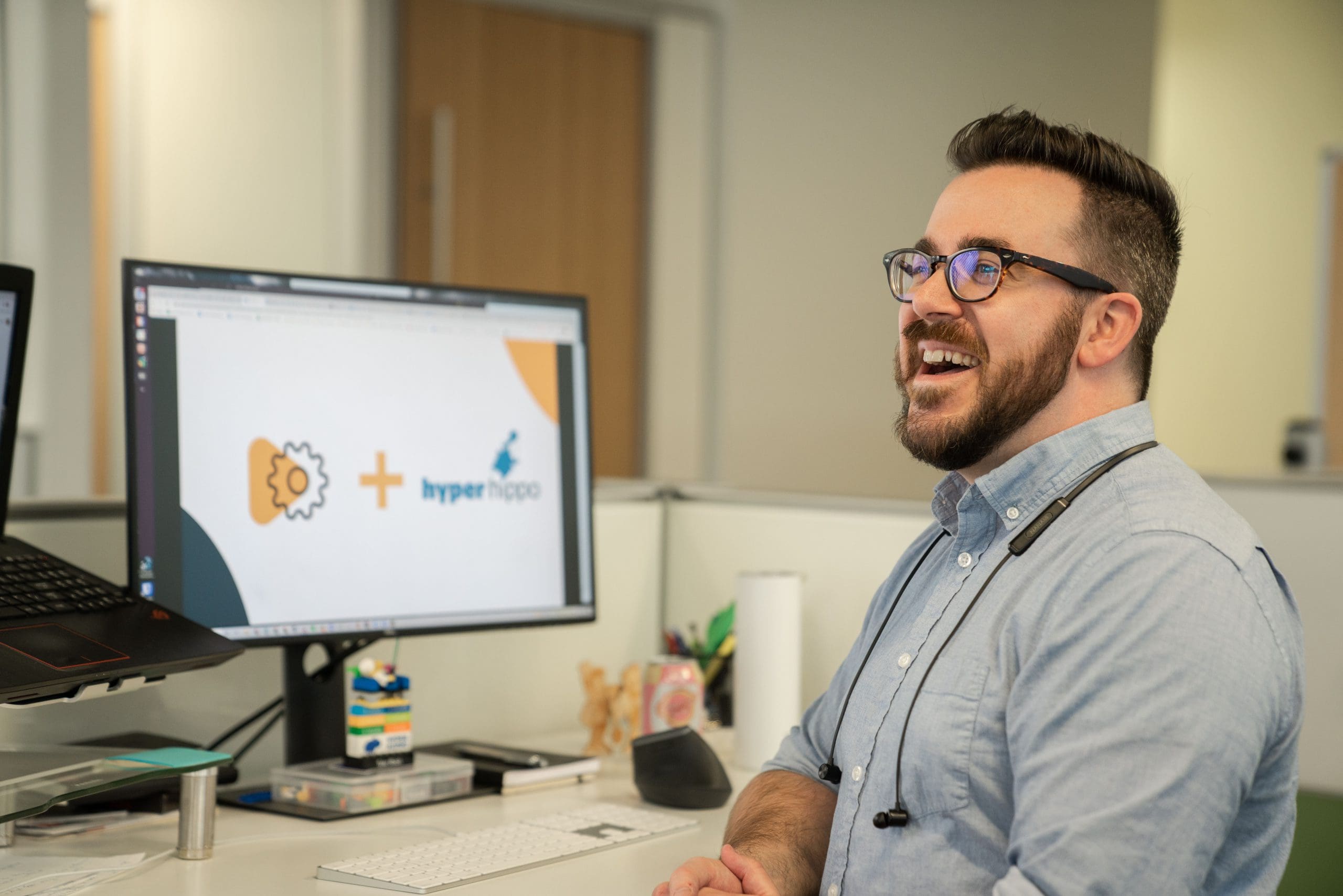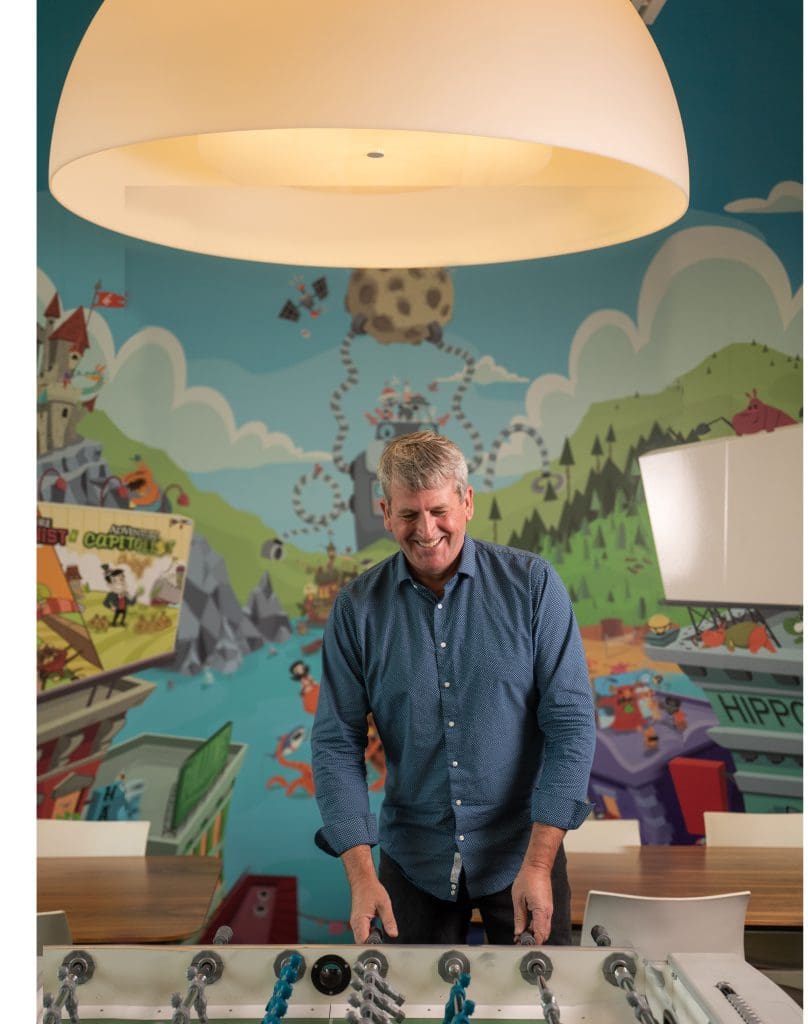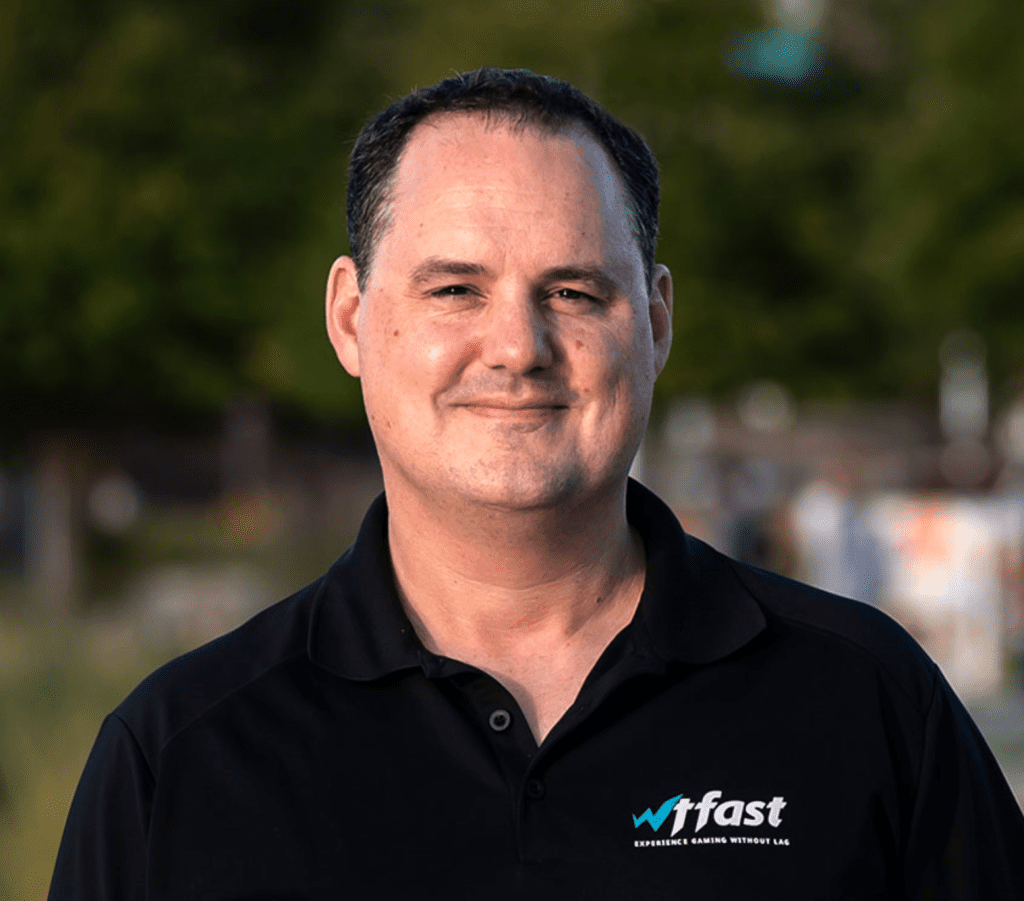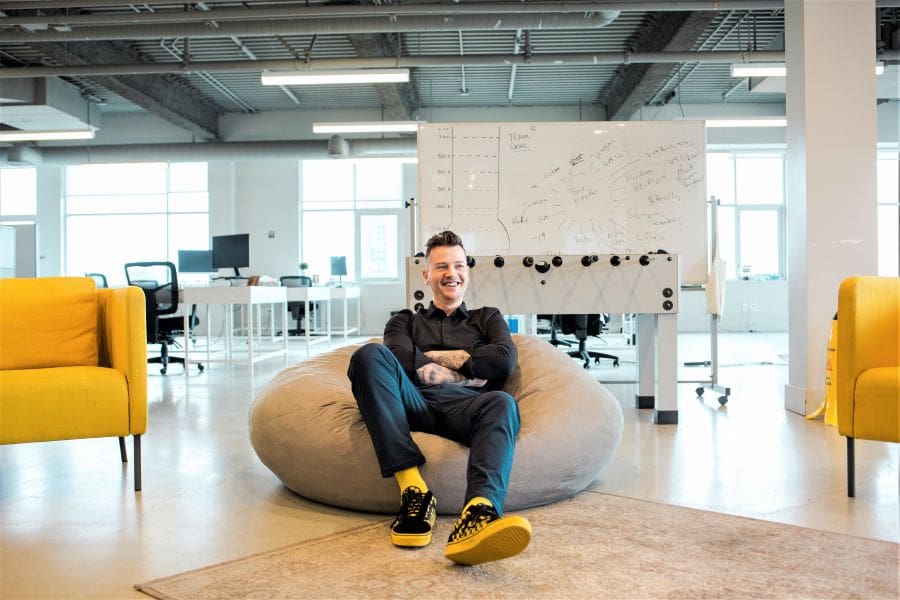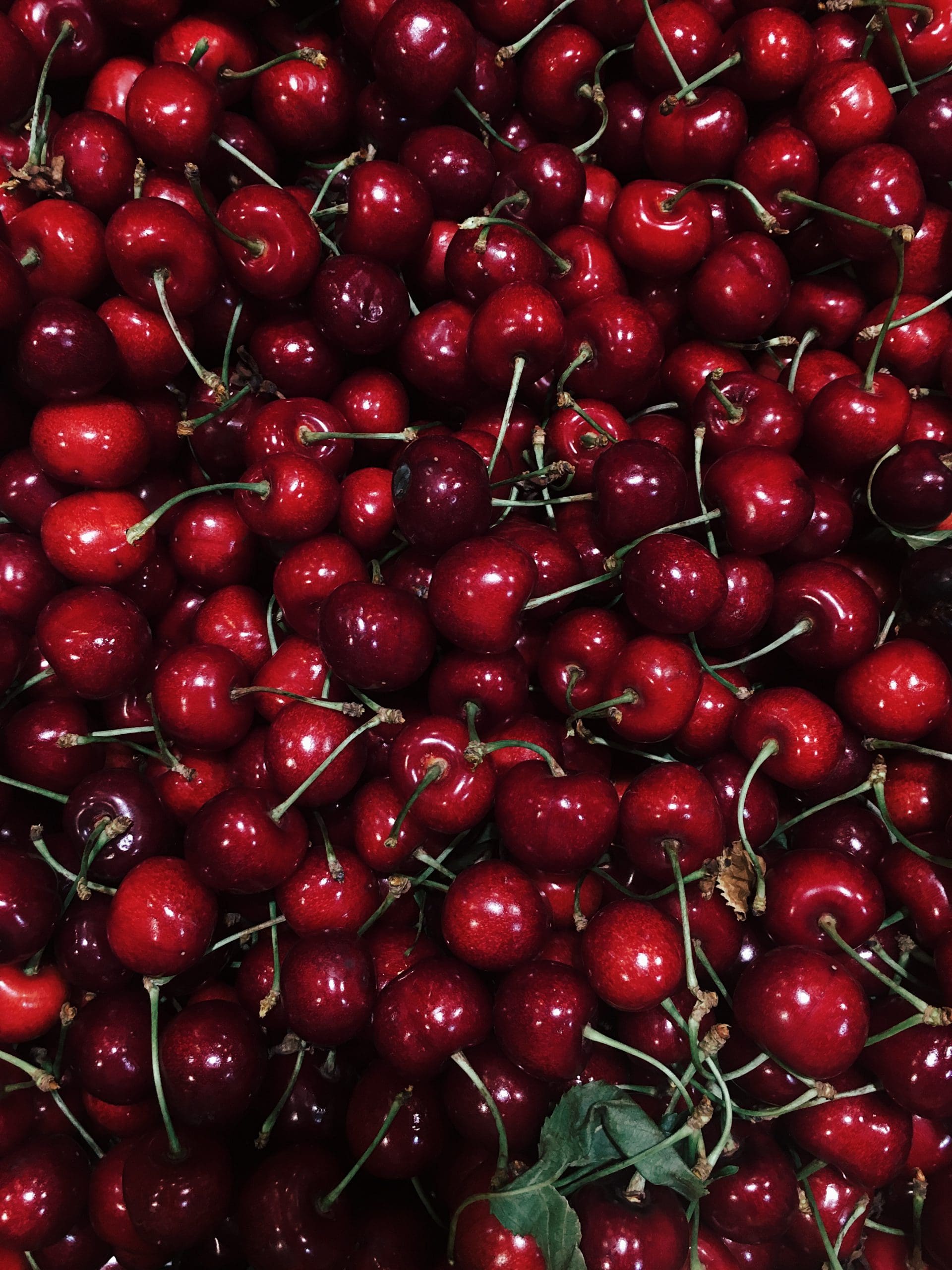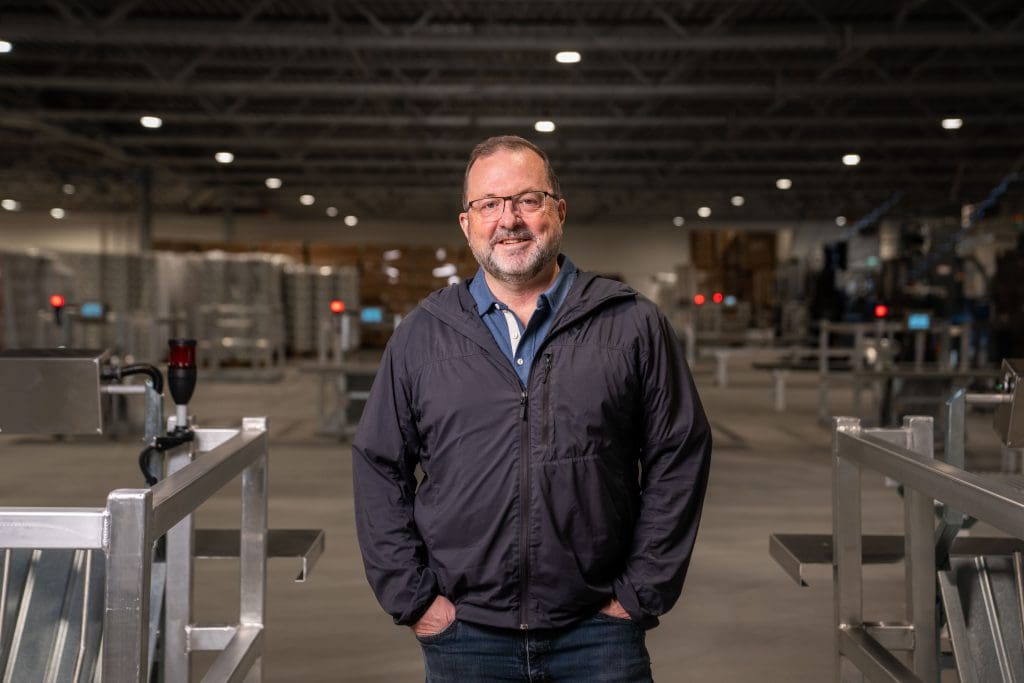Sharon Bond-Hogg—Founder of Kekuli Café, CEO of Kekuli Café Properties Inc., and a proud member of the Nooaitch First Nation—had always dreamed of owning a restaurant. In pursuit of this dream, she started constructing a foundation through catering and pop-ups while working full-time.
“We were initially selling bannock at Westside Daze,” says Sharon, noting that people weren’t familiar with the Indigenous fry bread, so they had to market it effectively to be successful. The tagline that eventually came to be associated with Sharon’s restaurant, Kekuli Café—Don’t Panic, We Have Bannock—was born from the concession stand after one customer came up and exclaimed, “I’m in a panic for bannock.”
In 2004, thanks to the success of the original Westside Daze stand, Sharon and her husband, Darren Hogg, were offered a small concession spot at a car wash on Westbank First Nation land. This was a pivotal step towards the launch of the café.
The couple’s hard work and perseverance paid off. Kekuli Café, one of the Okanagan’s first Indigenous restaurants, became a reality in the fall of 2009, offering a unique dining experience that now blends fast casual and grab-and-go concepts.
While the decision to launch in Westbank First Nation was due in part to it being their home—Sharon has called the traditional, unceded territory of the syilx / Okanagan People home for more than 30 years—it was also strategic, driven by the area’s growth and development, which has accelerated continuously since.
When they first opened, Sharon notes they “wanted to be something for everyone,” but she soon realized that left them floundering at times. So, through the years, they’ve taken time to think about who they are and the ways in which they want to share Indigenous cuisine.
“I wanted to serve venison, salmon, saskatoon berries, the food I grew up with,” she says. “We’ve created unique, fresh menu items and an ambiance for people to try something different.”
From the original Westbank location, they went on to open a second location in Merritt—where Sharon was born—in 2014, followed by a third franchised location in Kamloops in 2022. The couple eventually sold the second location and Kekuli Café Properties Inc. was born as the franchise arm of the business, with Sharon as its CEO and Darren as CFO.
Over the years, Sharon’s entrepreneurial ambition and numerous achievements have been deservedly celebrated. In 2020, she was recognized as the National Aboriginal Capital Corporation Businesswoman of the Year and in 2022, she received the Spirit Award at the Kelowna Women in Business RISE Awards, which “recognizes a woman who demonstrates leadership in diversity, equity and inclusion in their business or the community at large.”
In addition to her entrepreneurial endeavours, Sharon serves on the Indigenous Tourism BC Board of Directors and was elected to the Westbank First Nation Economic Development Commission, a role she is thrilled to take on after living and working in the community for so long.
Through all her roles, Sharon is always looking for opportunities to help other businesses and shares her expertise through mentorship, reinforcing Kekuli Café’s role as a community cornerstone.
This includes promoting Indigenous artists and local initiatives like Jewels of Hope, which supports women experiencing homelessness, by selling handicrafts in the café. They also regularly donate bannock for celebrations and funerals within their community.
Looking ahead, the couple aims to open a fifth location in the Okanagan and expand further through their franchise development company, aspiring to have 10 locations in total within the next few years. As the business has become more sustainable, it has allowed Sharon and Darren to focus on long-term strategies and staff training. They have weathered the pandemic through community support and adaptability, creating jobs and opportunities, and furthering vital relationships within the community.
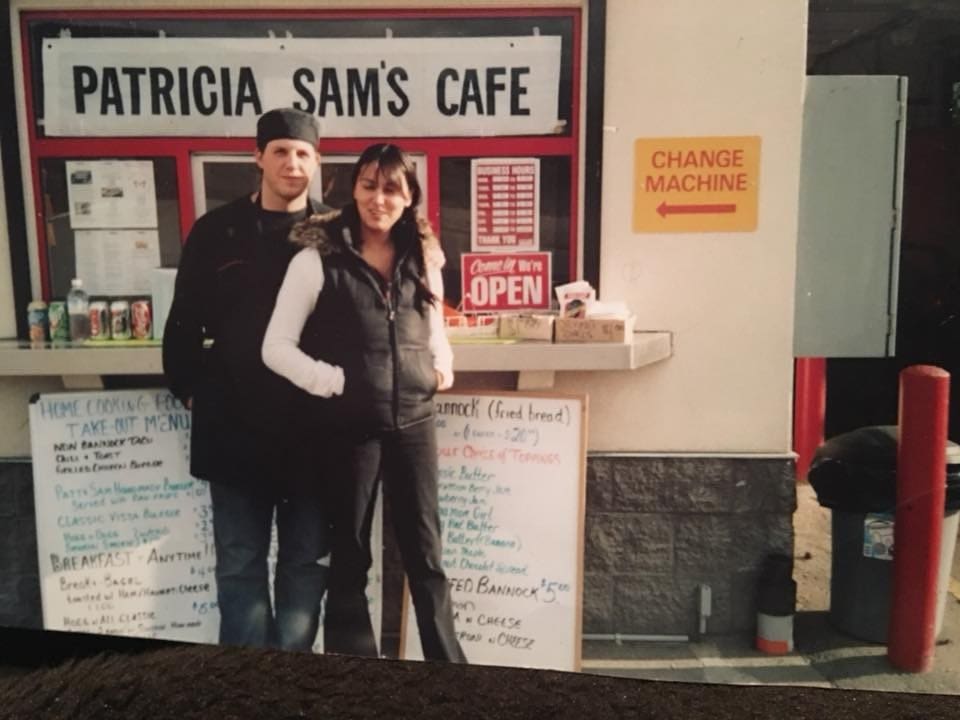
“From 2007 to 2009, we worked on creating our business plan and securing funding for the café,” notes Sharon. “Through meetings with Indigenous financial institutions and other banks, we knew what needed to be done to achieve our goal.”
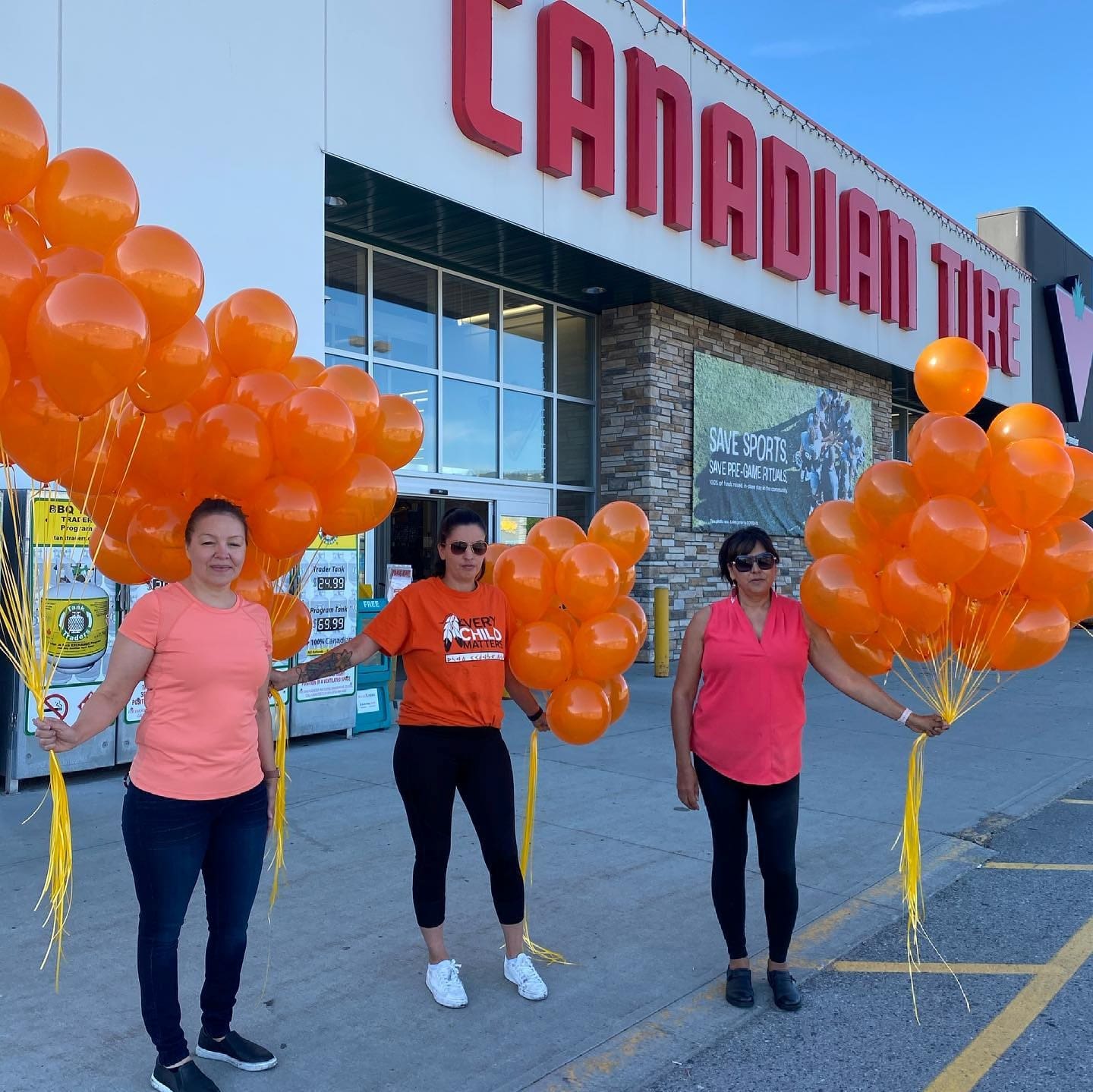
“In the fall of 2022, we launched a new business model for our fourth location at Okanagan College’s Kelowna Campus,” says Sharon. “We had to develop a menu and only had a few months to figure it out.”
